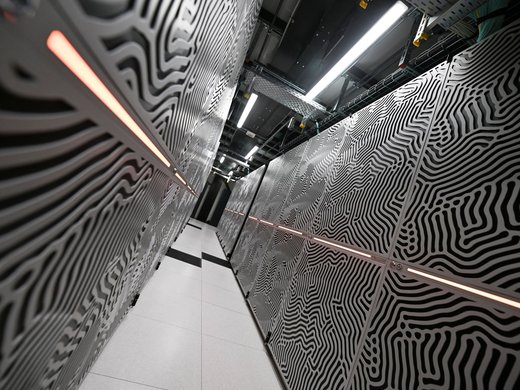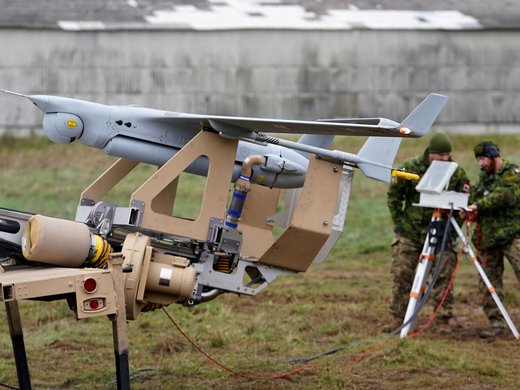One twenty-first-century Internet policy debate concerns whether cyberspace will continue to expand into a universal network or fragment into disjointed segments based on geographical borders or proprietary ecosystems. Tensions between network universality and enclosure reflect conflicts among public-interest values in cyberspace. They also reflect increasing incongruity between the traditional governance roles of sovereign nation states and a global technological system that crosses national borders and is overseen by a distributed, private-sector-led multi-stakeholder governance framework. Under the mantle of cyber sovereignty, governments have attempted to overlay geopolitical borders on the Internet. New business models have raised questions about whether the next billion Internet users will have access to the global Internet or only a fraction of cyberspace available for free via walled gardens. This paper examines the extent to which the contemporary Internet can be viewed as a universal network now, explores the economic and social implications of emerging initiatives associated with the potential for Internet fragmentation, and presents a baseline proposal for the technological characteristics and policy frameworks necessary for affording the Internet with a sustained capacity for ongoing global growth and openness.


